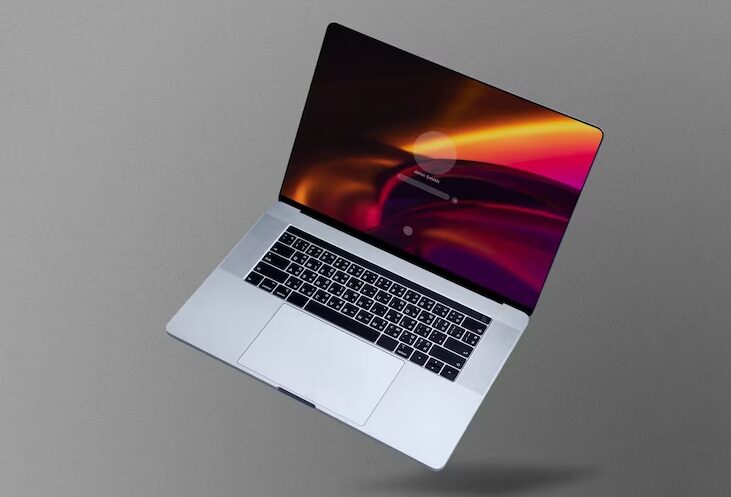Are you about to buy a new laptop? Sometimes, with so many options, it feels really hard to figure out what is important and what’s extra.
Laptops are exceptionally versatile tools—from just surfing the web to writing research papers, editing videos, and gaming. Buying one will leave you confused as to what to look for. Well, here are the five things to consider.
Processor
While buying a laptop, the processor is the central brain; this element is among the foremost components one should evaluate with antagonistic scrutiny when purchasing a new device.
It is otherwise referred to as the central brain of the laptop or central processing unit and is responsible in part for the execution of programs, opening of files, and movement of cursors across the screen. Processors turn into three major classes: CPU for general tasks, GPU for Graphics and Parallel tasks, and NPU for AI and Neural Networks. Each is specialized for different kinds of work.
Among others, some of the things to check out include single-core and multi-core, clock speed and cache. In choosing a processor, considerations should orient with the tasks that will be performed on a laptop for good performance.
RAM
While purchasing a new laptop, one has to consider the RAM. Basically, RAM is critical to the speed of information process on your laptop. Normally, they are avail in 4GB for a low-level version while, in the high-middle and high-end series, they will run with an 8GB or 16GB version.
At larger RAM, it allows access to more data, which again provides easier execution while running concurrent applications.
Battery Life
Among other critical factors is the fact that before one buys a laptop, the battery life must be checked. A user needs to ensure that his laptop does not turn off instantly while working on school or work projects.
Other questions: How much time will it run on the batteries, if the battery is removable, how hard it is to replace, the warranty given for the batteries, and the kind of power adapter it requires.
Always remember that the battery life of each laptop will be different according to usage. Always check with the manufacturer for an estimated battery life before finally deciding.
Screen Quality
When choosing a laptop, go for a high display resolution to obtain sharper text and images. You may also want to consider a high refresh rate if you will be gaming.
The display resolution of your laptop will also be critical, again depending on how you plan to use your laptop. 1920×1080 is full HD and offers excellent image quality and more than enough room to have several windows showing.
Again, larger displays are easier to work on but increase weight and decrease portability of the laptop.
Storage
The two major storage drives dominantly used in laptops are Hard Disk Drives and Solid-State Drives. While hard disk drives are cheaper for larger storage capacities, they are pretty slow and less durable compared to solid-state drives. SSDs offer increased speeds and higher reliability at a premium cost, usually at a lower storage capacity.
Whereas hard disk drives seemed more in favor a long time ago, they became less popular because the trend went to much more slender and lighter laptops. SSDs are preferred nowadays to give users far greater speed, complete silence, and although with higher prices, become increasingly chosen by laptop owners.
Other factors to be taken into consideration when purchasing a laptop would be connectivity options, the size, number of USB ports available, an operating system, etc., but still, budget will have to be the deciding factor.

